SINGAPORE: A strong earthquake struck central Myanmar on Friday (Mar 28) afternoon, leaving destruction in its wake.
Tremors from the 7.7-magnitude earthquake were also felt in neighbouring Thailand and China.
Here is what we know about the disaster so far:
WHAT HAPPENED
The tremor's epicentre was located about 17.2km from Myanmar's Mandalay. It hit at a relatively shallow depth of 10km at around 12.50pm local time, according to the United States Geological Survey.
Shortly after, the shocks were felt in Thailand's capital Bangkok, prompting people to evacuate from buildings and onto the streets.
A powerful 6.4-magnitude aftershock then followed, as well as several moderate ones.
According to USGS, earthquakes occur fairly often in Myanmar, with six major quakes of magnitude 7.0 or higher hitting the area near the Sagaing Fault - running north to south through the country's centre - between 1930 and 1956.
THE DAMAGE
At least 144 people have been killed in Myanmar by the massive earthquake, the country's junta chief Min Aung Hlaing said, as he invited "any country, any organisation" to help with relief.
He also warned that the death toll is expected to rise.
At least three people were also killed in the town of Taungoo when a mosque partially collapsed, with at least another two dead and 20 injured after a hotel collapsed in Aung Ban.
A hospital in Naypidaw, which saw hundreds of casualties, declared it as a "mass casualty area". The hospital's emergency department entrance had also collapsed onto a car, leaving medics to treat the injured outside.
Residents in Myanmar also reported pieces of the walls and ceilings of buildings falling, while roads cracked and a bridge collapsed on the Yangon-Mandalay Expressway.
The Ava Bridge over the Irrawaddy River was also destroyed, said Myanmar's state media, adding that the quake caused buildings to collapse in five cities and towns.
A 30-storey skyscraper under construction in Bangkok also collapsed, leaving three people dead and 81 more missing and believed to be trapped under the rubble.
In Chiang Mai, the power briefly went out.
According to Chinese media reports, houses were damaged in China's Yunnan and Sichuan provinces, with some also injured in the city of Ruili.
MYANMAR'S RESPONSE
In a rare request, Myanmar's military junta called for international humanitarian aid and declared a state of emergency in six regions and states, including Naypyidaw and Mandalay.
"We want the international community to give humanitarian aid as soon as possible," junta spokesman Zaw Min Tun said.
Min Aung Hlaing on state television said he had opened routes for international assistance and had accepted offers of help from India and the Southeast Asian bloc ASEAN.
THAILAND'S RESPONSE
Bangkok was also declared an emergency zone, with some train and light rail services suspended temporarily. Parks have been kept open overnight for those who are not able to sleep at home.
Thailand's Prime Minister Paetongtarn Shinawatra, who visited the site of the skyscraper collapse, said that "every building" would need to be inspected for safety.
COUNTRIES, ORGANISATIONS REACHING OUT
Singapore’s Prime Minister Lawrence Wong offered his condolences to all who have lost their loved ones in the quake.
“Singapore stands in solidarity with those affected. We are closely monitoring the situation and are ready to offer assistance where needed. In times of crisis, ASEAN’s strength lies in our unity and shared commitment to supporting one another,” he said in a Facebook post.
He urged Singaporeans in Myanmar and Thailand to stay safe and take all necessary precautions.
Singapore's Foreign Affairs Minister Vivian Balakrishnan said that the government "stands ready to extend assistance".
"The Singapore Civil Defence Force is prepared to deploy the Operation Lionheart contingent to assist with urban search and rescue operations as well as disaster relief efforts in Myanmar, in coordination with the ASEAN Coordinating Centre for Humanitarian Assistance on Disaster Management," he said in a Facebook post.
The European Union has reached out to offer assistance to those affected by the quake and so has France separately.
"Heartbreaking scenes from Myanmar and Thailand after the devastating earthquake. My thoughts are with the victims and their families," European Union chief Ursula von der Leyen wrote on social media platform X. "Europe's Copernicus satellites are already helping first responders. We are ready to provide more support."
"We are ready to provide support as soon as the need has been expressed and we have evacuated our premises in Bangkok to guard against any form of risk," said France's Foreign Minister Jean-Noel Barrot.
India, also affected by the quake's tremors, said it is ready to offer "all possible assistance" to Myanmar and Thailand.
"Praying for the safety and well-being of everyone. India stands ready to offer all possible assistance," Indian Prime Minister Narendra Modi wrote on X. "In this regard, asked our authorities to be on standby."
The World Health Organization also said it had triggered its emergency management system and was mobilising its logistics hub in Dubai to prepare trauma injury supplies.





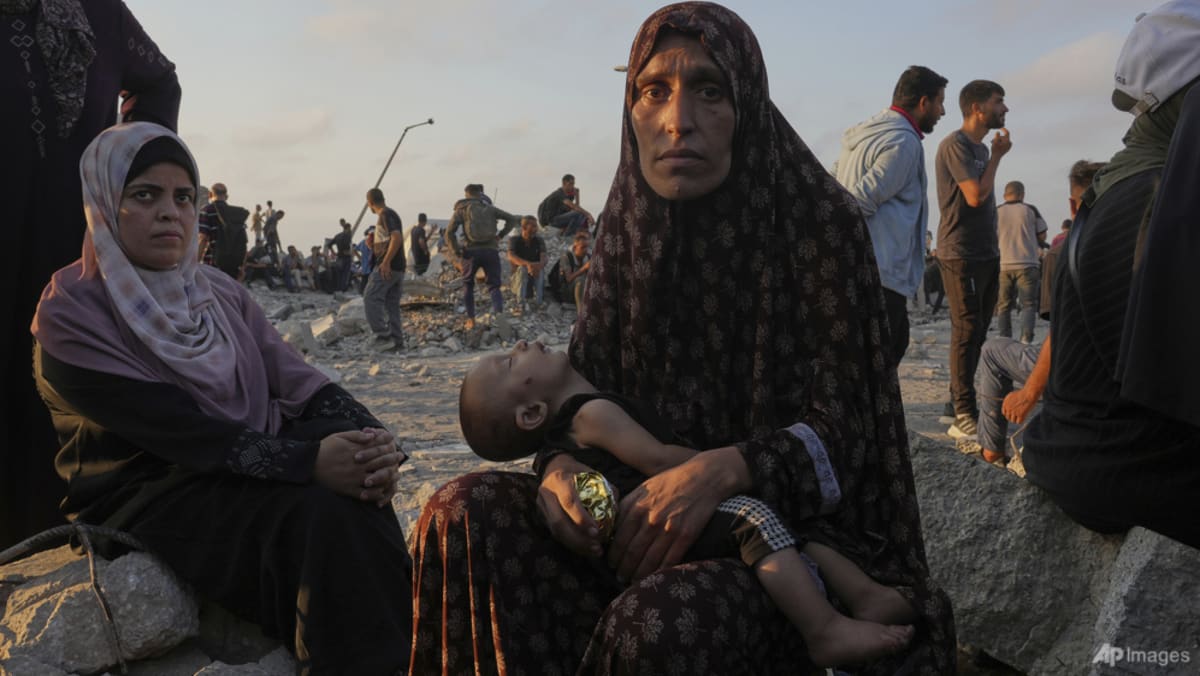
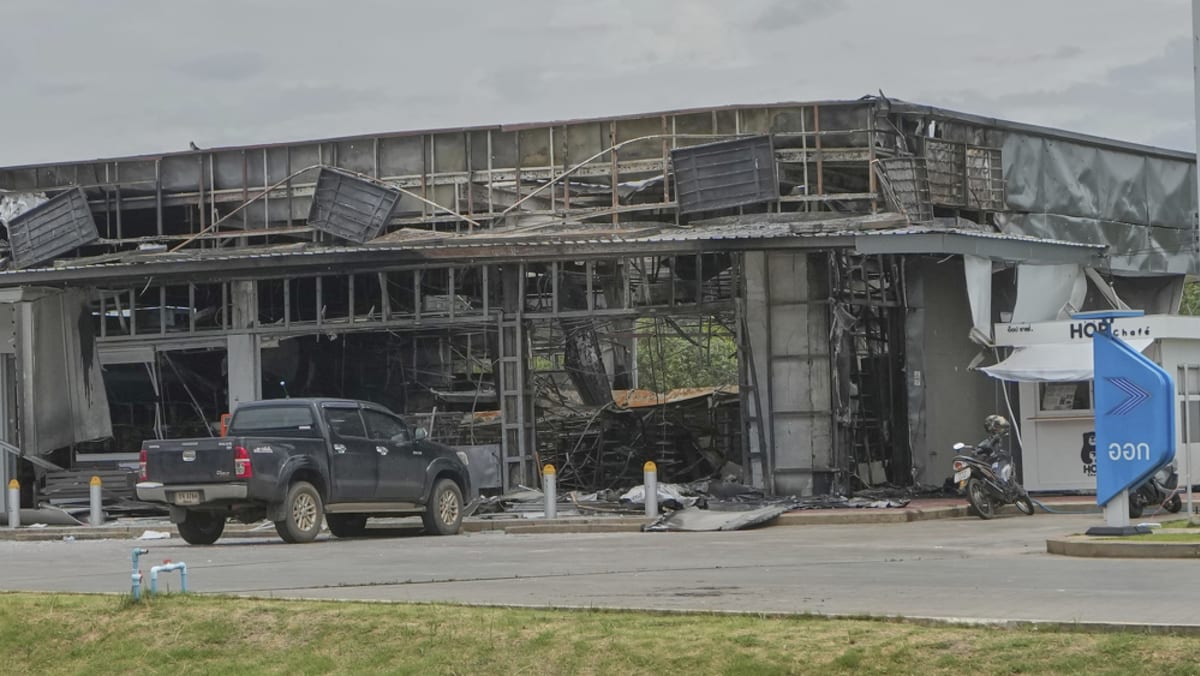

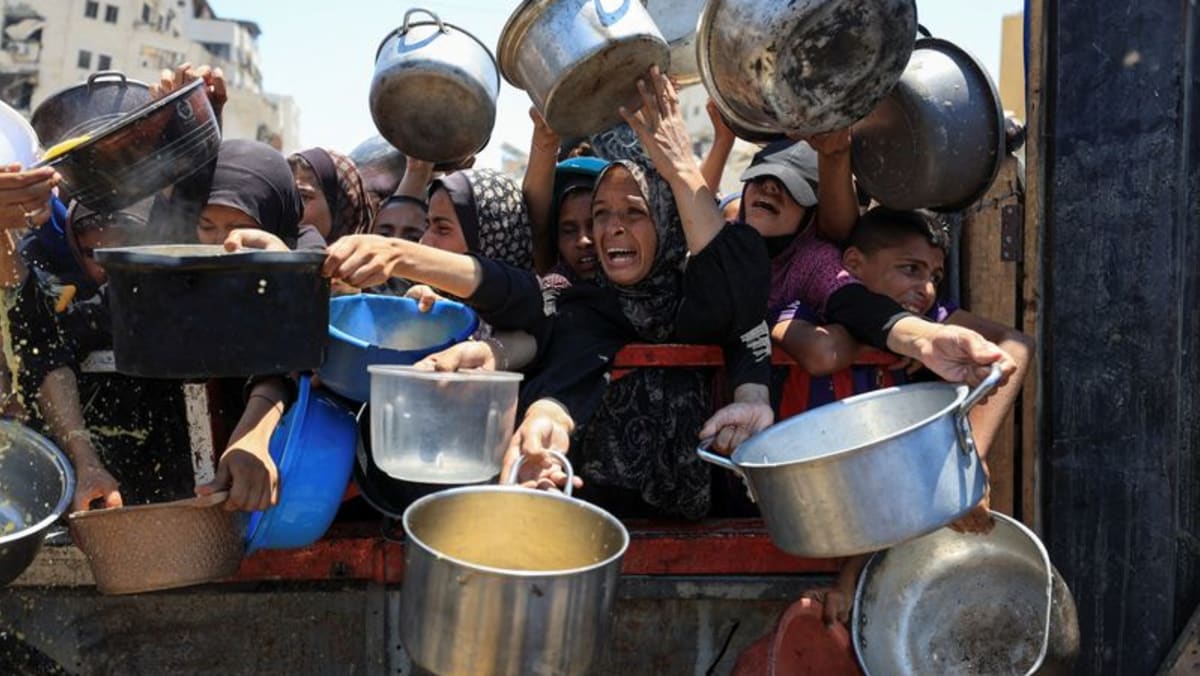





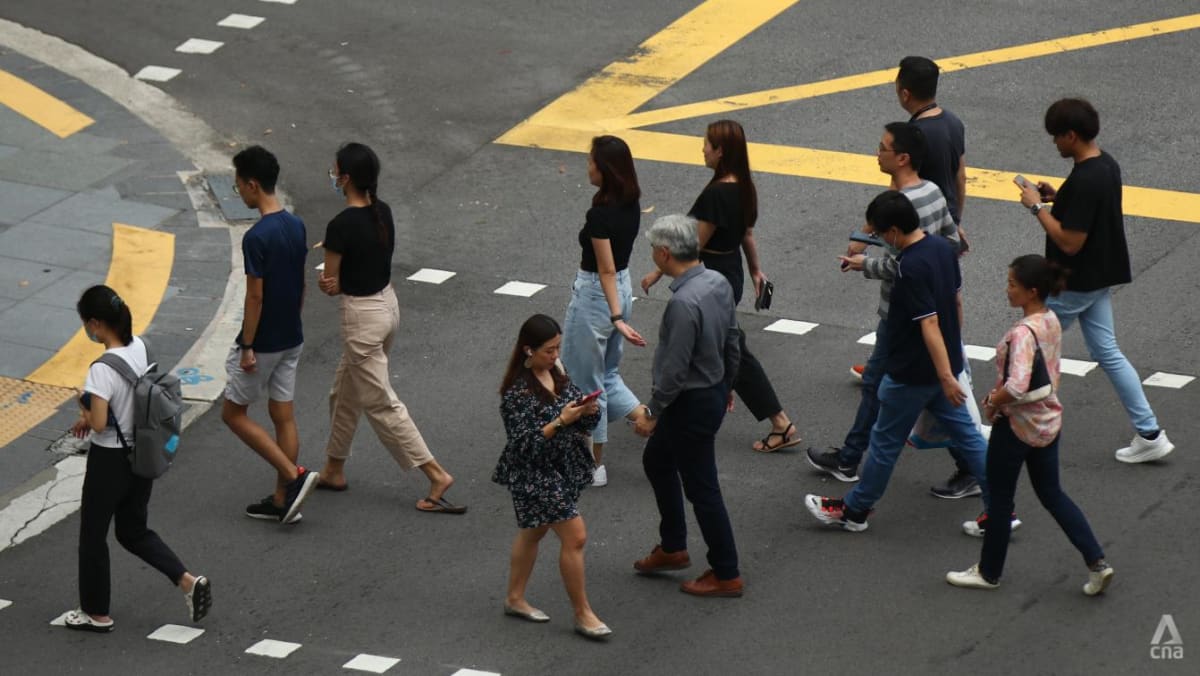

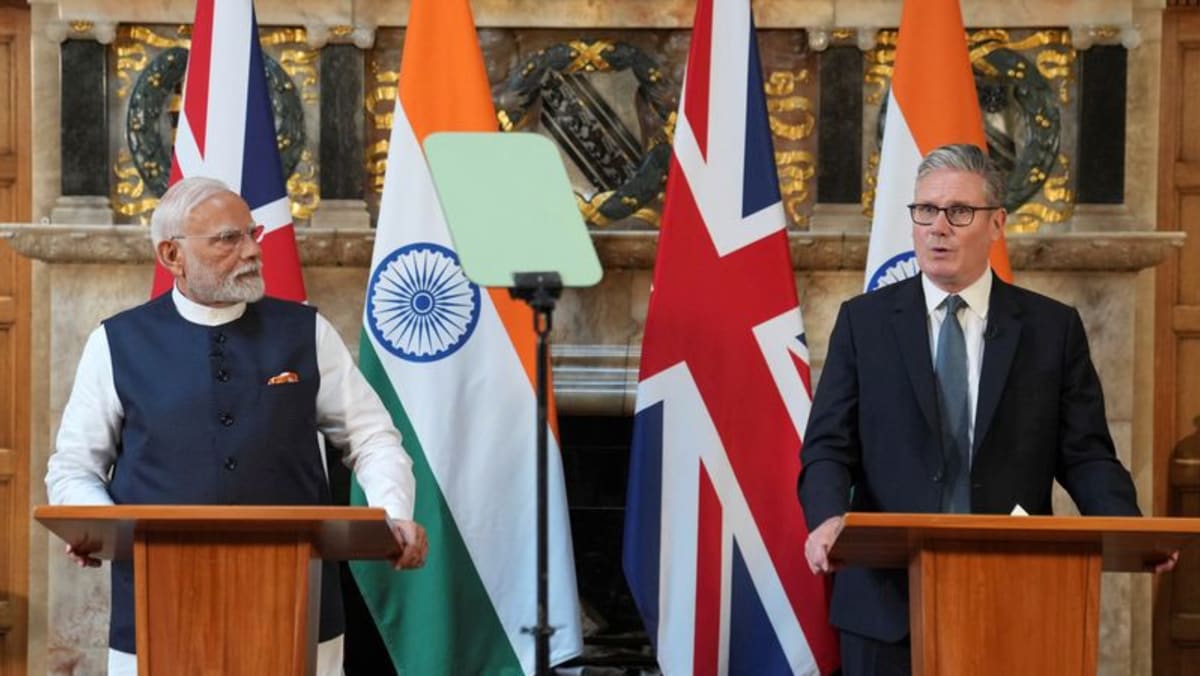

















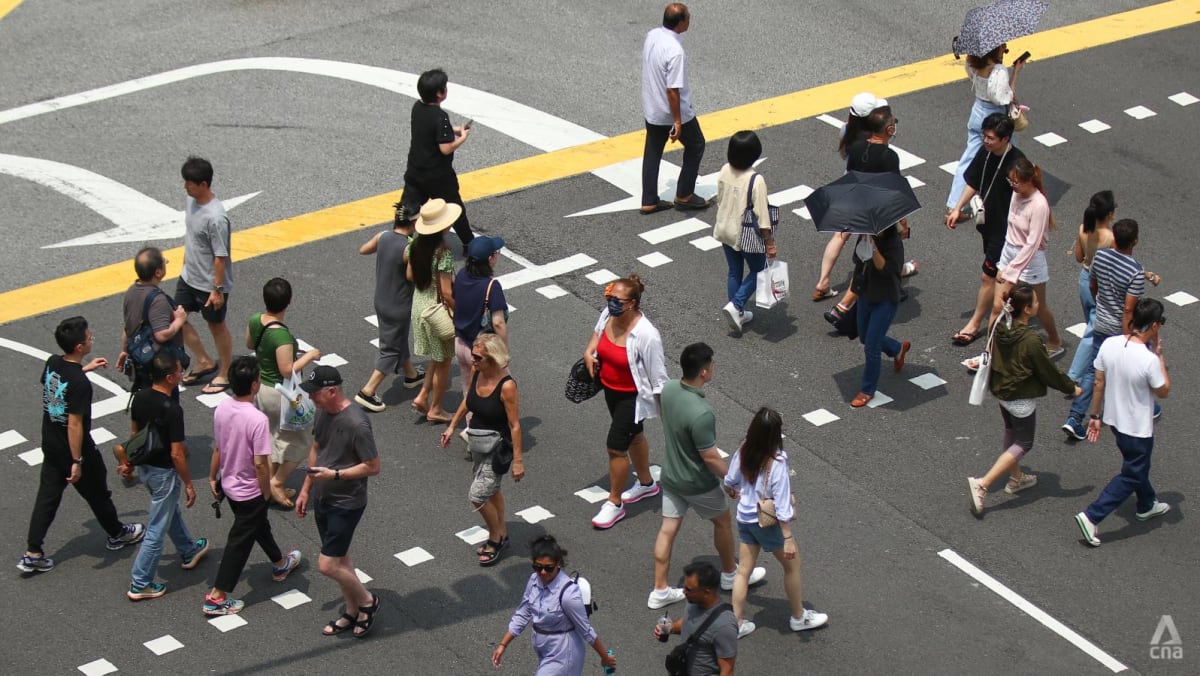













.png?itok=erLSagvf)

